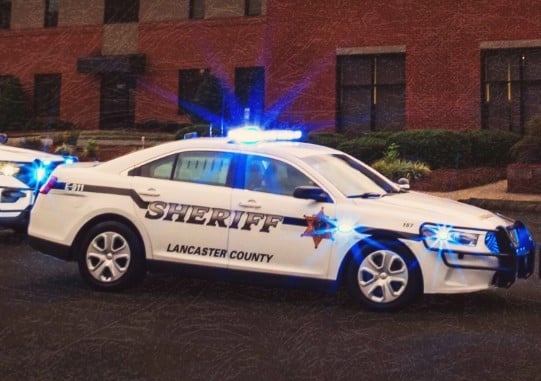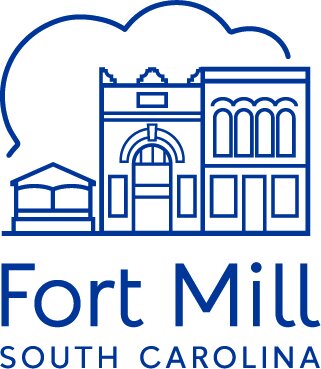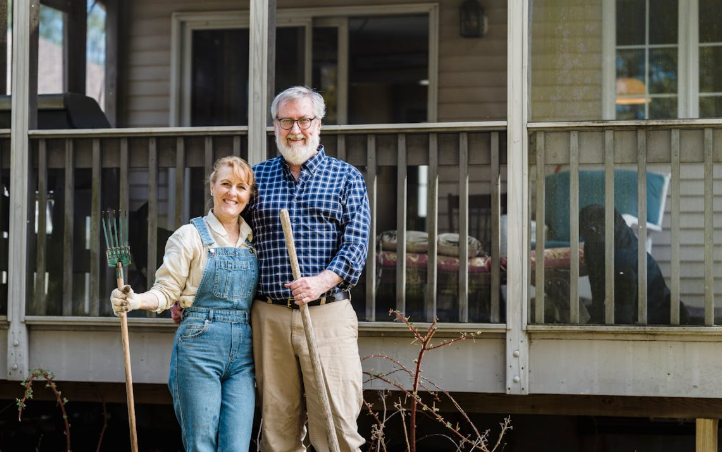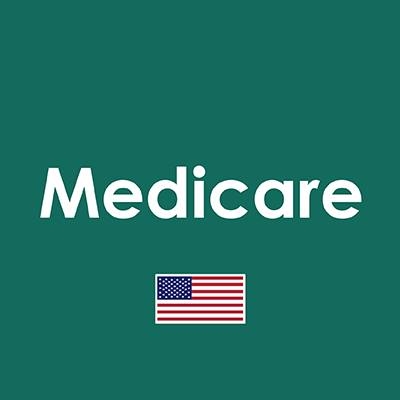Five Republican candidates each take distinct paths to financing their campaigns ahead of the 2026 primary
The race for South Carolina’s governor’s mansion is intensifying as five Republican candidates report their fundraising totals ahead of the 2026 primary. Together, Ralph Norman, Pamela Evette, Nancy Mace, Alan Wilson, and Josh Kimbrell have set the stage for a competitive—and expensive—battle to succeed Gov. Henry McMaster.
Third-quarter finance reports show four of the five leading contenders each bringing in more than $1 million in contributions, loans, or transfers. The reports reflect a crowded field where experience, name recognition, and campaign strategy are shaping how each contender raises and spends money.
Ralph Norman
U.S. Rep. Ralph Norman, who entered the race in late July, has quickly established himself as one of the most financially disciplined candidates in the field. His campaign raised $1.3 million in the third quarter, which includes a $500,000 personal loan, while spending only $186,625. Norman ended the quarter with $1.12 million in cash on hand, the highest of any candidate.
A campaign memo highlighted Norman’s efficient spending and grassroots strength, noting 20 counties organized, 43 grassroots leaders, and over 600 volunteers statewide. Norman has also attracted prominent conservative endorsements from former Governor Nikki Haley, former U.S. Senator Jim DeMint, and former Trump Chief of Staff Mark Meadows.
His campaign has leaned heavily on a message of fiscal discipline and government accountability—principles that appear to be resonating with conservative voters as the field tightens.
Pamela Evette
Lt. Gov. Pamela Evette led the field in total funds raised, bringing in $1.4 million during the third quarter. Her total includes a $300,000 personal loan and a $132,000 transfer from a previous campaign account. However, she also reported the highest spending, using $869,000 on advertising and campaign operations, leaving her with about $528,000 in cash on hand.
Evette’s statewide profile and close connection to the McMaster administration have given her a strong fundraising base, but her campaign’s high burn rate suggests an aggressive push to build name recognition early.
Nancy Mace
U.S. Rep. Nancy Mace, who announced her campaign on August 4, raised $1.07 million in the third quarter and reported nearly 20,000 individual donations—far more than any other candidate. About 18,000 of those contributions were under $50, underscoring her strength with small-dollar donors across the country.
8% of her donations came from South Carolina residents. Mace’s campaign has framed that as a testament to her national grassroots appeal. With over $716,000 cash on hand, her campaign remains well-positioned for sustained digital and media outreach heading into 2026.
Alan Wilson
Attorney General Alan Wilson, who launched his campaign in June, raised $1.3 million this cycle, aided by a $260,000 transfer from his attorney general campaign account. He spent $214,000, finishing the quarter with approximately $1.08 million in cash on hand.
Wilson’s campaign has leaned on his established statewide network and long tenure in public office to maintain steady fundraising. His early start and name recognition have kept him in a strong financial position even as newer entrants like Norman and Mace gain momentum.
Josh Kimbrell
Upstate Sen. Josh Kimbrell, who represents District 11 in the South Carolina Senate, officially launched his campaign on June 28. Kimbrell did not file a third-quarter report, but his second-quarter filings show that he raised $6,400, spent $1,600, and had about $4,800 in cash on hand.
While Kimbrell trails far behind the top-tier candidates in fundraising, his campaign emphasizes a grassroots, values-driven approach appealing to conservative voters in the Upstate. His modest fundraising total reflects a slower start compared to the statewide heavyweights but positions him to focus on retail campaigning and local engagement.
Looking Ahead
With the Republican primary scheduled for June 2026, the financial data suggests an increasingly competitive race.
As South Carolina heads into the final stretch of 2025, the race for governor remains wide open—defined by big money, sharp contrasts, and a clear signal that Republican voters will have no shortage of choices when they head to the polls next summer.
Sign up for our Sunday Spectator. Delivered to your inbox every Sunday, with all the news from the week.









